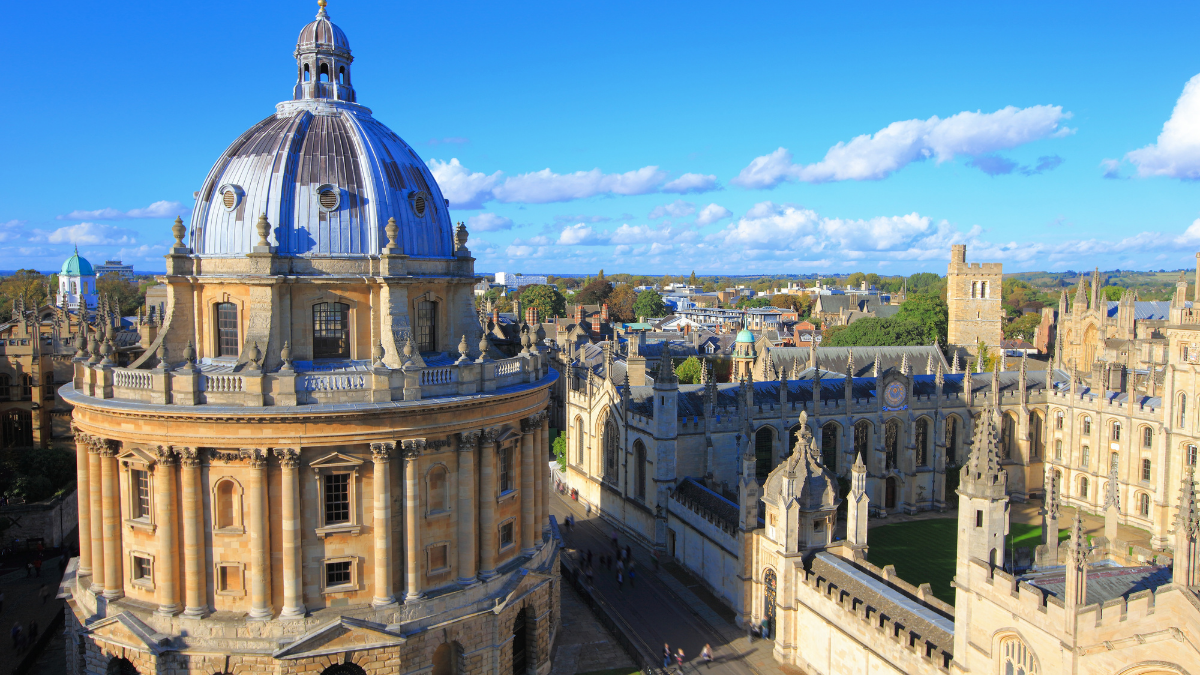UCAT Keyboard Shortcuts
Read now/f/102615/800x550/32c810b5a2/blog-image-1.png)
/f/102615/1444x543/951a719642/main-page-video-image.png)
Doctors will always have a place in the world - and they tend to earn some good money while they’re at it.
But the journey to becoming a doctor can be long and arduous - sometimes fraught with detours and pre-med courses. However, this blog will show you the absolute quickest way to become a doctor, from high-school to postgraduate - and we’ll show you how to overcome any hiccups along the way.
Highly recommended:
This step isn’t required, but can improve your chances at getting into your preferred medical course or school.
All regions:
For more information on high school subject requirements and work experience opportunities, check out our A-Z for Aspiring Doctors eBook!

Get in touch with MedView to learn more about the best ways to prepare for the entrance exams to improve your chances of admission.
A medical course takes anywhere from four to six years across the UK and Australia/NZ. This usually consists of part theoretical and part clinical studies.
You will be exposed to the scientific foundations of medicine, laboratory work and clinical practice.
The University of Oxford, for example, has a reputation for making medical students write more essays in a year than other undergraduates do over their entire course.

You will also need to consider specialisation during your clinical and start networking with the right people for a quality residency that aligns with your goals.
Be proactive if you’re struggling and talk to your teacher, tutors and professors about extra help or consideration.
In Australia, graduates usually start with a 12 month internship which exposes them to a wide range of clinical practices, such as emergency care, general practice, surgery and many others.
After this, you start your residency which can last from one to several years, depending on how you want to specialise.
From here you become a registrar. This typically lasts from two to three years for General Practice and Medical registrars, but vary wildly for surgical and other types of registrars.
You’re basically a doctor when you’re a registrar - just a junior.
In the UK, you take on foundation training which takes two years.
Much like a residency, your time will build on what you learned at school, as well as giving you hands on experience in a range of work environments.
After this, you take your Core Medical Training or Acute Care Common Stem which adds a further two years to your training. At this stage, you choose your speciality - whether primary care as a GP or secondary care in a hospital.
After those four years, you head into specialty training, which can last from four to six years or three years if you want to become a GP.
In the US, residency can last from three to seven years and most residents complete their programs in hospitals - think of the TV show Scrubs.
During this program, you will be exposed to speciality areas and a wide range of clinical practices.
Eventually - after an endless slog - you can sit the US Medical Licensing Examination which allows you to practice medicine on your own. You will also need to renew this license periodically to continue practising, which means another 50 hours of continuing education.
You’re a doctor. It took you the better part of a decade, but you’re a full-blown doctor saving lives now.
Congratulations!
Australia Min. 7 years Max. 11 years
UK Min. 10 years Max. 15 years
You are literally looking at a full decade of study and practice to become an independent, fully-fledged doctor.

If you’re only it in for the money, you might want to consider another profession. Life as a doctor can suck: it’s very time consuming, you shoulder incredible responsibility and, as such, your personal life can suffer.
You really need to want to do medicine. Trust me, if it’s money you want, there are way better and easier ways to earn it. Like marketing, or human resources, or public sector work. But if you’re really keen, here are five questions to ask yourself before you proceed:
Medical school is demanding. You will need to understand all of the body’s functions, organs, bones, muscles and how all those things interact on a biochemical level. And that's basically just the introduction.
This stuff is no joke. Prepare for long nights studying.
You will be giving a decade of your life to learn how to become a doctor. You aren’t concerned you will get cold feet half way through? Or decide it isn’t for you once you finish school?
Once you specialise, it’s extremely difficult to re-specialise. You’re likely to be stuck a dermatologist, or in paediatrics, once you decide to take that path.
It’s not impossible to become something else, or transition from specialist to general practice, but medicine expects you to know what you want from the get-go.
Those nightmare stories from hospitals about doctors working 24 hours straight in three eight-hour shifts? They’re true.
You will pretty much never sleep again while you’re a resident. And even if you decide to have a family, your patients will still need you. Being a doctor isn’t very good for work-life balance.
At some point, as a doctor, you will make the wrong call. That call might cost someone their life. It’s not negligence, that’s just the way it goes. You need to be okay with that responsibility.